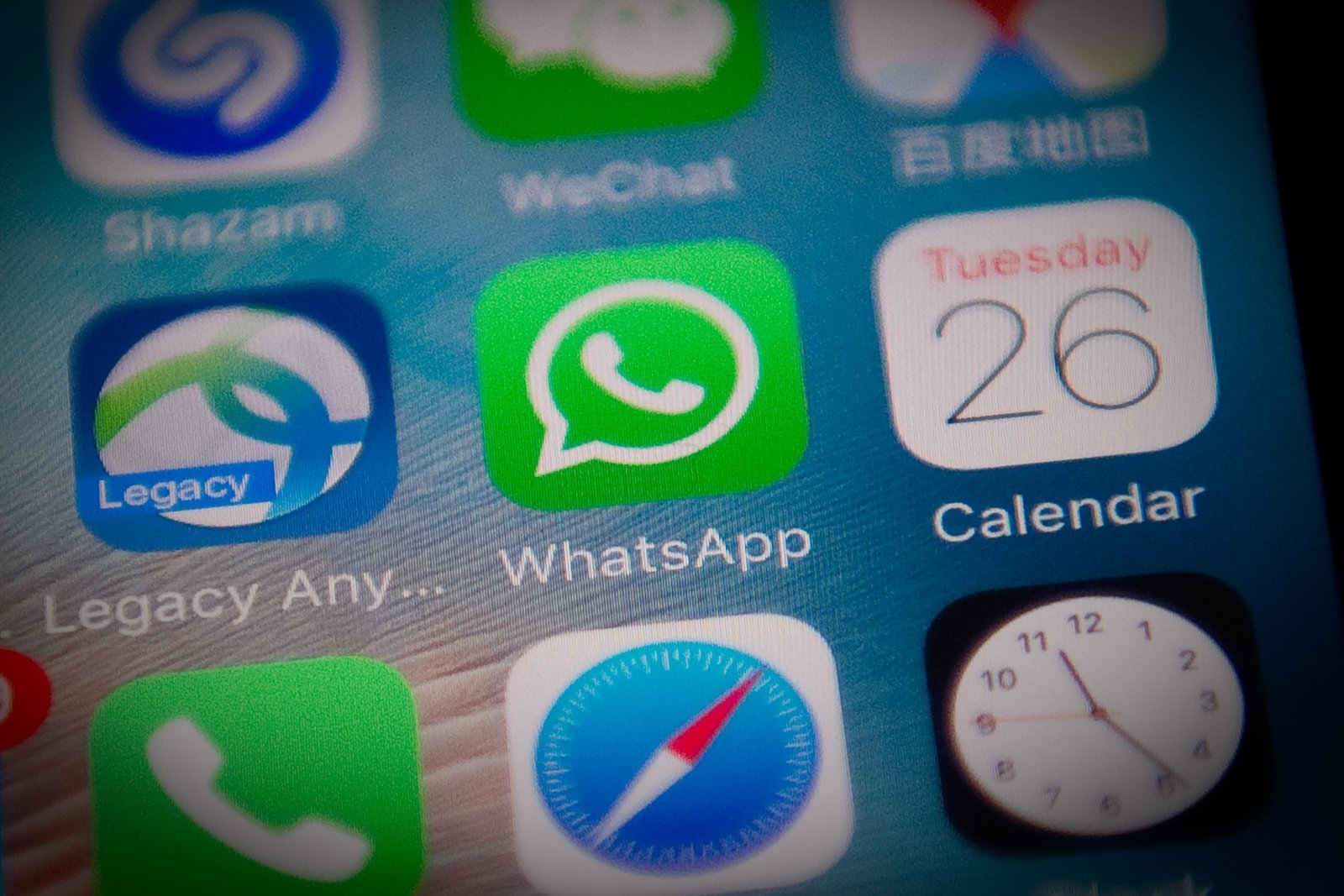Afghanistan government wants to temporarily ban WhatsApp
According to reports from the New York Times, Afghanistan is currently in the midst of a temporary WhatsApp ban. (November 06, 2017), government letters to private telecommunications companies asking them to suspend the messaging service began making the rounds on social media. And while some customers of the government-owned communications company Salaam Telecom reported that WhatsApp and Telegram had both stopped working for them, private companies are reportedly still considering whether to comply with the government’s request.
While it appears to be just a 20-day test, who called for it and why is up for debate as different and somewhat contradictory information has been circulating. The letters themselves were sent by the Ministry of Communications and Information Technology but a source told the New York Times that the ban was actually being pushed by Afghanistan’s intelligence agency, the National Directorate of Security. However, an official with the agency said that wasn’t the case.
As for why the temporary ban has been put in place, one of the leaders of the country’s Telecom Regulatory Authority told the BBC it was due to “security concerns.” But shortly after that statement was made, the Ministry of Communications said it was done in order “to introduce a new kind of technology” following complaints of WhatsApp’s service quality.
Whatever the reason, the move has some worried about the state of freedom of expression in the country. Abdul Mujeeb Khalvatgar, executive director of the free speech activist group Nai, told the New York Times, “It is wrong and illegal. According to the Constitution, freedom of expression is inviolable in Afghanistan. WhatsApp and Telegram are tools of free speech — if the government bans them, it means that tomorrow they could stand against media in Afghanistan too.”
Afghanistan isn’t the first to go after WhatsApp and similar encrypted messaging services. Officials in both China and Brazil have sought to shut down the service in their countries while Russia has made similar threats regarding Telegram in the past.
(39)















